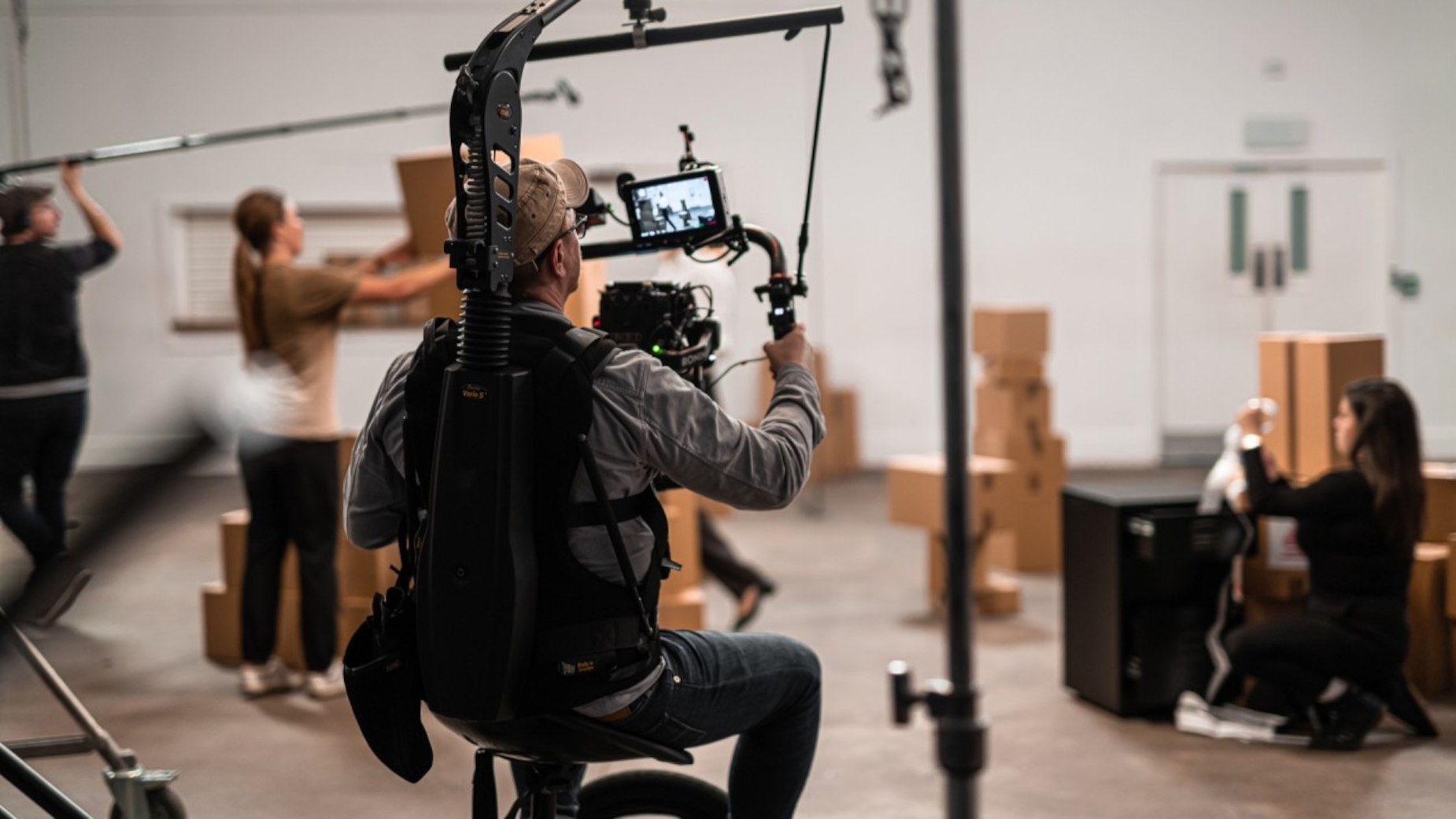
From Applause to Accountability: Reframing Video Impact for the CFO

93 % of marketers say video delivers a positive ROI, yet only 36 % feel confident proving it. - Wyzowl/Firework
I was recently looking back through some awards entries from the early 2010s (I know, you’d think I’d have better things to do). One thing that struck me, again and again and again, was how weak the success metrics of even the best pieces of work were.
Producers gonna produce
‘The client liked it’, ‘everyone clapped’, the campaign improved ‘traffic to the recruitment page by 30%’. OK, that last one wasn’t so bad. The point is that for years, our industry have been guilty of taking the brief and running straight into production. Instead, we should have paused to define the results in terms that the CFO would understand.
Defining success - getting to measurables
I get it, we’re production people, we solve problems and think visually. As soon as the clients start speaking, we start to visualize how the film is going to look, what the challenges and opportunities are that lie within the brief. We too rarely stop the client in their tracks and ask: what is the outcome that we’re after here? What does success look like? What are the KPIs we need to track to demonstrate that this was a job worth doing? To demonstrate the return on investment?
Nielsen found 66 % of global media plans under-invest in digital video; closing the gap can lift ROI by 51 %.
Different ideas of success
Now, to be fair, many of our clients did just want a film. Something colourful, dynamic and interesting to go on the homepage, or to play on the big screen to kick off their AGM. The films accomplished this. For some clients the number one goal (although most people would never admit this) was looking good in front of their boss and the wider business. That’s a difficult thing to put a metric on.
Video as a powerful business tool
Still, the outcome of all of this is that we have bred an environment where too much of our work is thought of as a nice to have, rather than an essential business tool, which builds brand affinity, employee engagement and tangible business value.
What do you want as your shop window?
Many clients get it of course and see the benefits of making sure that their shop window is appropriate for an establishment of their standing. But in a world of ever-increasing cheaper ‘just about good enough’ alternatives, the fact that we haven’t always hammered the drum of the effectiveness of doing things properly will come back to bite us.
Outcome to Metric ladder
So what should we do about it. We need to think in terms of Outcome KPI to Metrics. Firstly, what is the outcome we’re after? Second, how do we measure it? Thirdly, Metrics – what are the real time data points we track and tweak?
You can see some exampled below:

To make these ladders stick, treat them as living contracts between strategy, production, distribution and the client sponsor.
Keep a dashboard
Start at the top – Outcome - and workshop it with the stakeholder who owns that business result. Translate that Outcome into a KPI the team can track in a dashboard, then break the KPI down into Metrics you can measure weekly - view-through rates, click-to-apply ratios, Slack-reaction counts etc.
Regular check-ups = team alignment
Assign a single owner to each rung, agree on a “red flag” threshold for under-performance, and schedule regular catch-ups to monitor, iterate and optimize results. This cadence turns video from a one-off cost centre into a continuously improved growth lever - and aligns the different teams involved to chase shared goals.
AI’s gift back to creatives?
If AI can unpick one gordian knot that we’ve all been staring at forever – the ‘attribution question’ – direct tracking from view to revenue. In doing, it just might prove just how much we need quality human storytelling after all.















